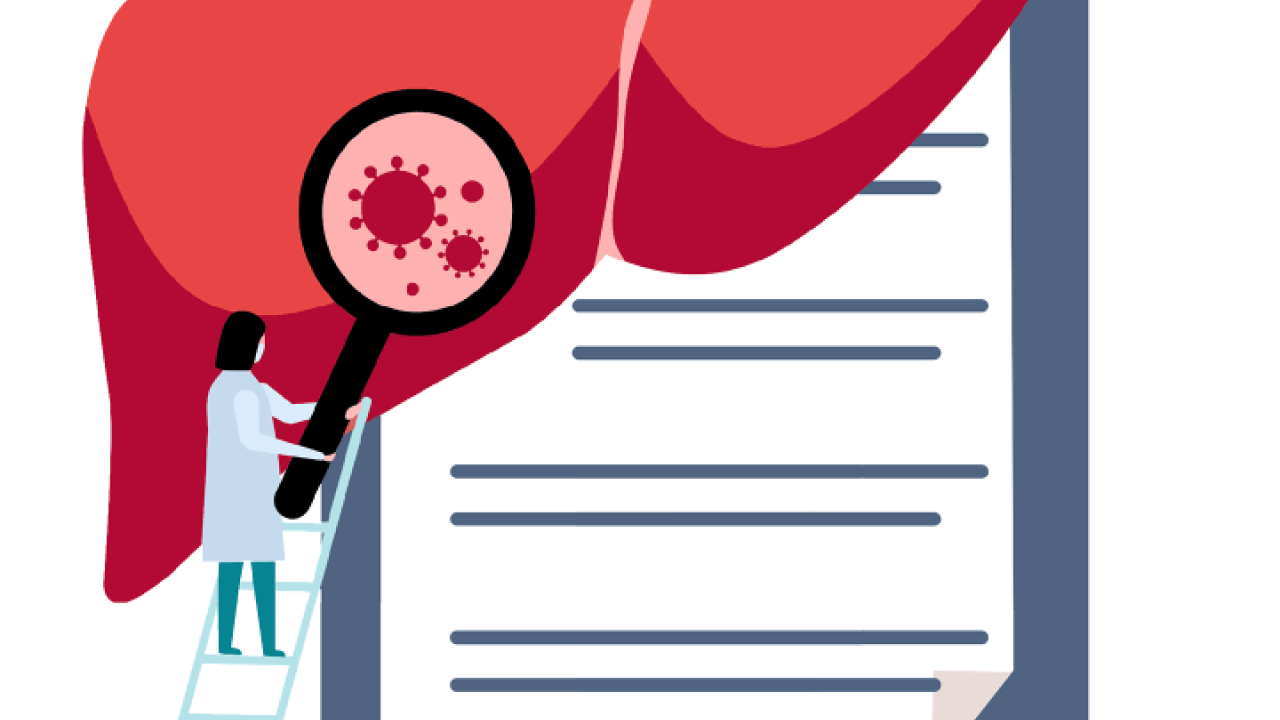
A form of artificial intelligence called large language modeling (LLM), the same technology behind ChatGPT, could someday improve liver cancer care by extracting important data from medical charts much faster than humans, a recent UCSF study found.
LLMs use deep learning and large data sets to understand, summarize, generate and predict content.
The study, led by UCSF gastroenterologist and transplant hepatologist Jin Ge, MD, and published in Gastroenterology, found that a general-purpose LLM for chart extraction of liver tumor data was 93% accurate compared to when humans extracted the data. Accuracy rose to 99% when the LLM extracted certain types of data, and the process was 20 times faster.
The model, created at UCSF and applied so as to protected health information (PHI) data, looked at eight elements from about 1,100 imaging reports of 753 patients. The elements included the number and size of patients’ liver tumors, the grade of their tumors, whether there was evidence of metastatic disease in the abdomen and whether there was tumor recurrence.
The researchers compared the model’s accuracy to that of physicians who extracted the same data, and who were considered the “gold standard” for study purposes. The model performed best at identifying metastatic disease from the imaging reports, with an overall accuracy of 99% and worst at identifying tumor size from the reports, with 89% accuracy.
“Generally, the model performed better at simpler tasks involving classification rather than more complicated ones involving comparison or arithmetic,” Ge said.
It took 28 hours for physicians to extract all the chart data compared to two hours for the LLM, the authors reported.